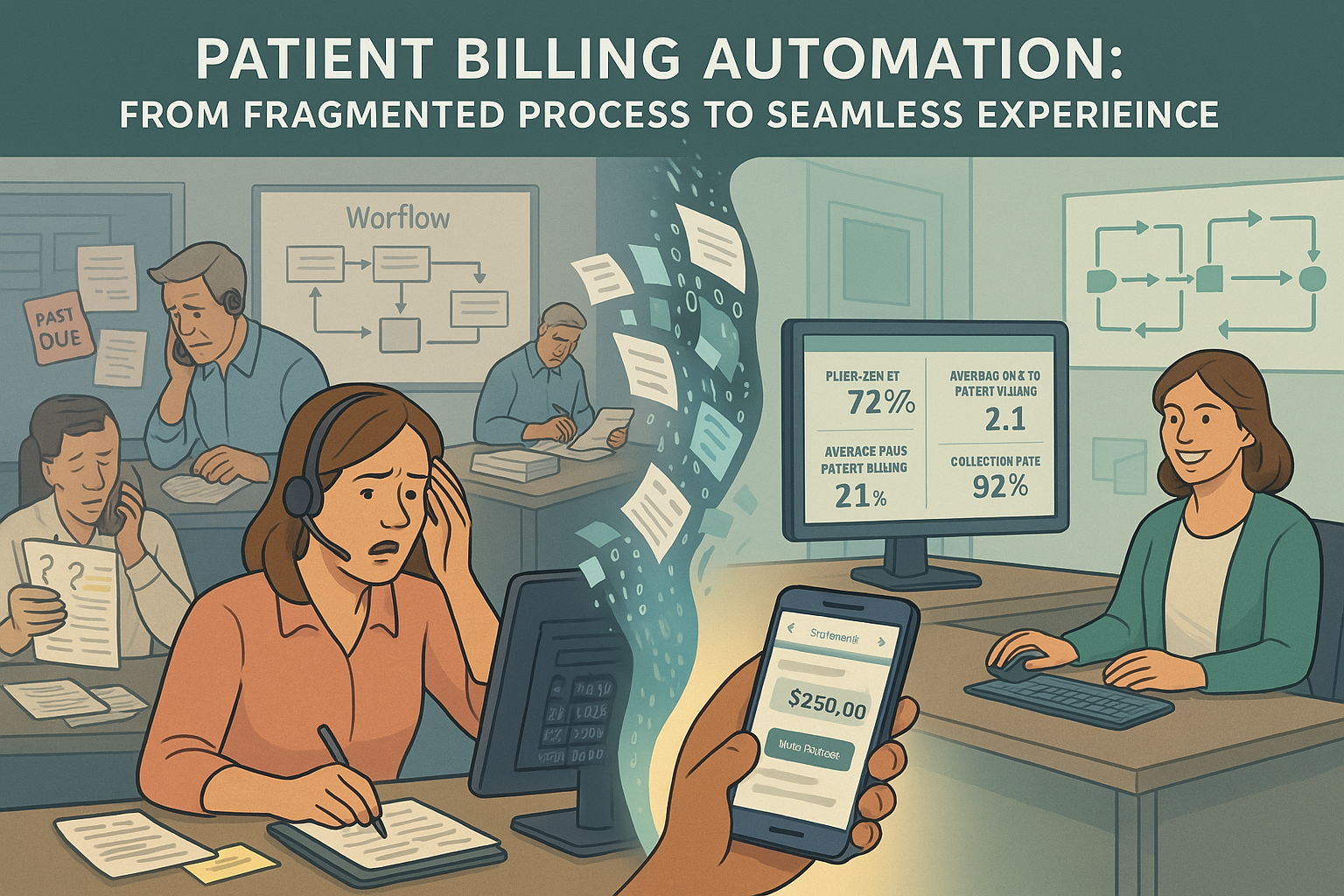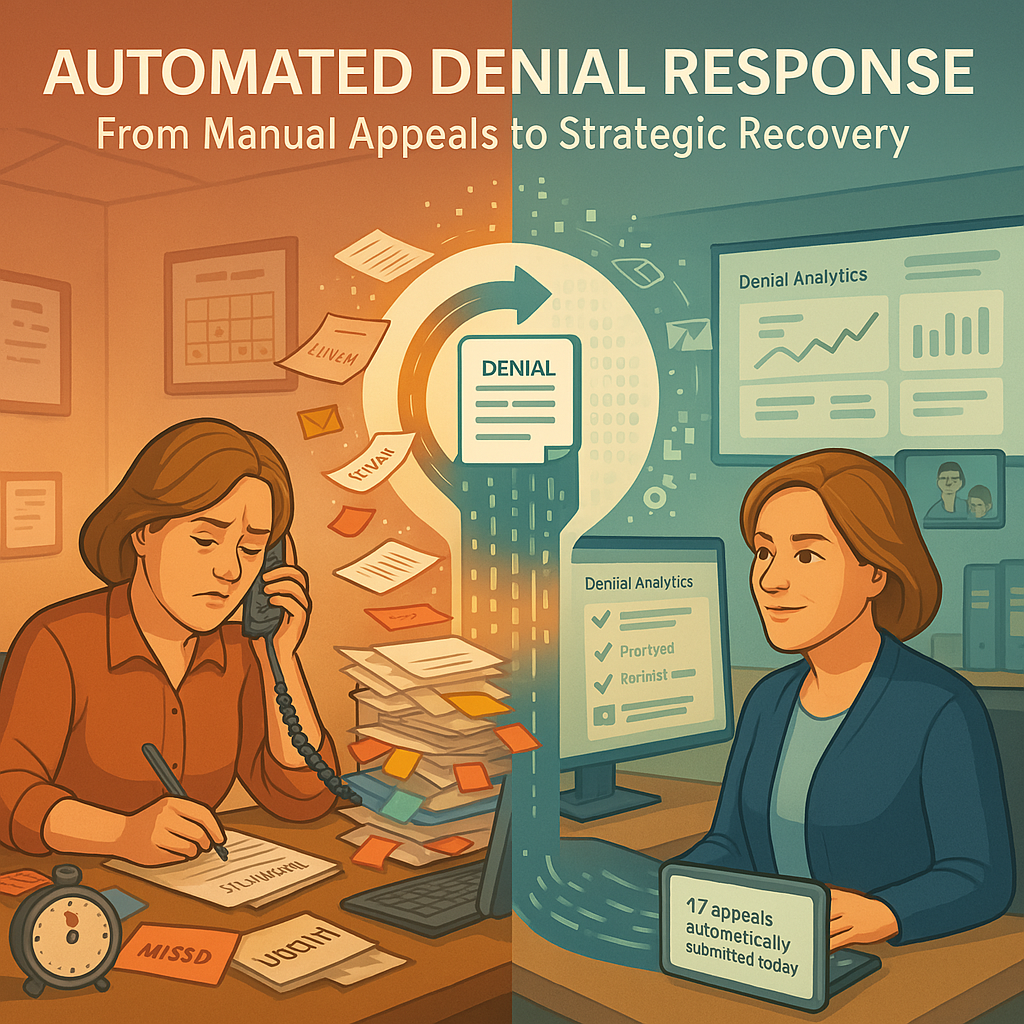
Enhancing Patient Engagement Through Technology in Healthcare
In today’s rapidly evolving healthcare landscape, patient engagement is essential for achieving better outcomes and overall wellness. Technology plays a crucial role in enhancing this engagement, transforming how patients interact with healthcare providers and access medical services. At the intersection of patient engagement and technology lies the potential to reshape traditional healthcare and usher in a new era of personalized, proactive care.
Advancing Patient-Centered Care with Digital Innovation
The healthcare sector is increasingly focused on boosting patient engagement through digital tools. These innovations are designed to improve communication and processes between patients and healthcare providers. However, the path to widespread adoption of these technologies is not without challenges.
Digital Health Solutions: Empowering Patient Engagement
Digital health solutions offer a wide range of technologies that empower patients and enhance communication between healthcare stakeholders. From telemedicine platforms enabling remote consultations to wearable devices monitoring vital signs, the digital revolution is creating new opportunities for patient engagement.
Telemedicine: Expanding Access to Care
Telemedicine is transforming healthcare delivery by bridging geographical gaps and improving access to medical services. Through secure video conferencing, patients can consult with healthcare providers from home, reducing the need for travel and wait times. This convenience leads to timely interventions and better continuity of care.
Wearable Technology: Promoting Proactive Health Management
Wearable devices, such as smartwatches and fitness trackers, are valuable tools for encouraging patient engagement. These devices monitor metrics like heart rate, sleep patterns, and activity levels, helping individuals manage their health more effectively. Integration with mobile apps allows users to track progress, set goals, and receive personalized health recommendations, fostering a sense of ownership over their health.
The Rise of Patient Engagement Tools
Digital tools are revolutionizing patient interactions with healthcare systems, offering features for booking appointments, accessing medical information, and managing financial transactions online. While these tools increase accessibility and efficiency, adoption rates vary, especially among older patients, highlighting the need for a balanced approach to digital integration.
Leveraging Data for Personalized Care
A key aspect of combining patient engagement with technology is the use of data analytics and AI to deliver personalized healthcare experiences. By analyzing vast amounts of patient data, healthcare providers can gain insights into individual health profiles, anticipate needs, and tailor interventions to suit specific conditions, demonstrating the power of personalized care.
Enhancing Communication with Technology
Effective communication is central to patient engagement, fostering trust and collaboration between patients and healthcare providers. Technology enhances communication channels, enabling seamless interactions and empowering patients to actively participate in their care.
- Secure Messaging Platforms: Facilitating Communication
Secure messaging platforms allow patients and healthcare providers to communicate easily and confidentially. Patients can ask questions, report symptoms, or clarify treatment plans remotely, promoting transparency and continuity of care. - Patient Portals: Empowering Access to Health Information
Patient portals provide centralized access to medical records, test results, and appointment schedules. By offering 24/7 access to health information, these portals enable patients to take a more active role in managing their health. Features like health education resources and medication reminders further enhance patient engagement and adherence to treatment plans.
Conclusion
The convergence of patient engagement and technology is a transformative force in modern healthcare, offering opportunities to improve outcomes, enhance communication, and personalize care. By leveraging digital health solutions, utilizing data analytics, and fostering patient-centered communication, healthcare providers can empower individuals to actively participate in their wellness journey, driving better health outcomes and elevating the standard of care for all.










